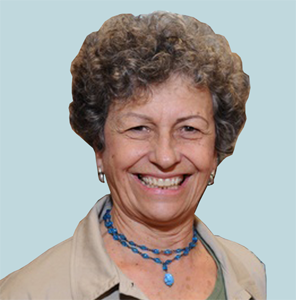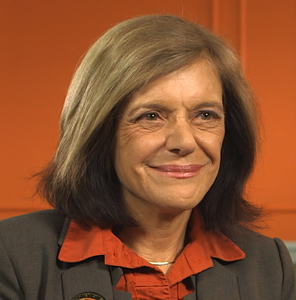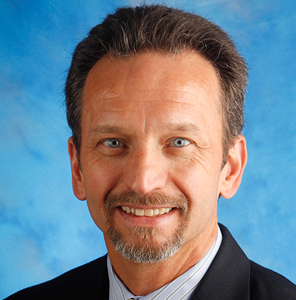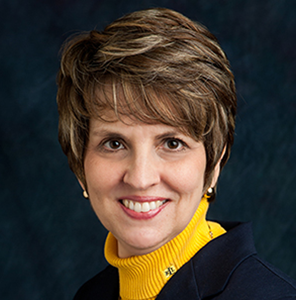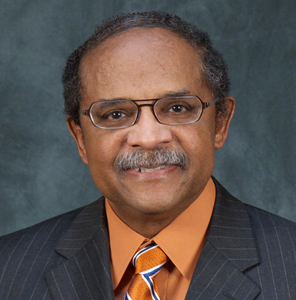
Jerome Williams
ACUE mourns the loss of our dear colleague, Dr. Jerome D. Williams, who made lasting contributions to higher education.
Dr. Williams was the Executive Vice Chancellor and Provost of Rutgers University-Newark. He was also a Distinguished Professor and the Prudential Chair in Business (Marketing Department), and Fellow of The Center for Urban Entrepreneurship & Economic Development (Management and Global Business Department) in the Rutgers Business School-Newark and New Brunswick (RBS). He formerly served as the RBS PhD Program Director.
Prior to joining Rutgers, he held endowed chair positions at four different universities, including the Whitney M. Young, Jr. Visiting Associate Professor in the Wharton Business School at the University of Pennsylvania, the Anheuser-Busch/John E. Jacob Professor at Howard University, the F. J. Heyne Centennial Professor at the University of Texas at Austin, and the Wee Kim Wee Professor at Nanyang Technological University in Singapore. Prior to being on the Howard faculty, he was on the Penn State University Marketing Department faculty for 14 years.
Williams has published extensively in the areas of multicultural marketing, Internet privacy, and public health communication. He was a member of an Institute of Medicine Committee that authored the landmark report Food Marketing to Children and Youth: Threat or Opportunity? and appointed by the US Census Bureau to Chair the 2010 Communications Contract Academic Assessment Team. He is co-author of Diversity in Advertising: Broadening the Scope of Research Directions, Consumer Equality: Race and the American Marketplace (forthcoming), Advances in Communication Research to Reduce Childhood Obesity, and two edited volumes on marketing and public policy issues.
He has been named as an expert witness in over 100 court cases on consumer racial profiling. He formerly served as Chairman of the Board of Trustees of the American Marketing Association Foundation (AMAF). The AMAF’s Williams-Qualls-Spratlen award is named in his honor to recognize marketing scholars for mentoring students from underrepresented backgrounds. In 2009 he received the Academy of Marketing Science Outstanding Marketing Teaching Award. He currently serves as Associate Editor of the Journal of Public Policy & Marketing. In 2014 he was inducted into the PhD Project Hall of Fame for his efforts in promoting greater faculty diversity in schools of business.
Williams received his PhD from the University of Colorado in Marketing, with a minor in Social Psychology. He also holds an MS from Union College and a BA from the University of Pennsylvania.

